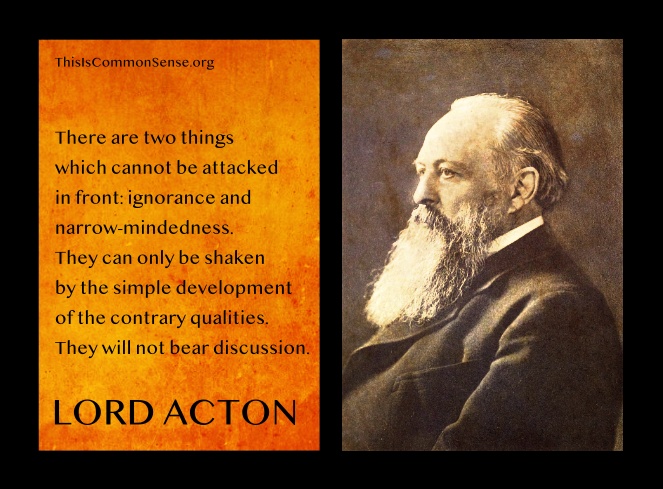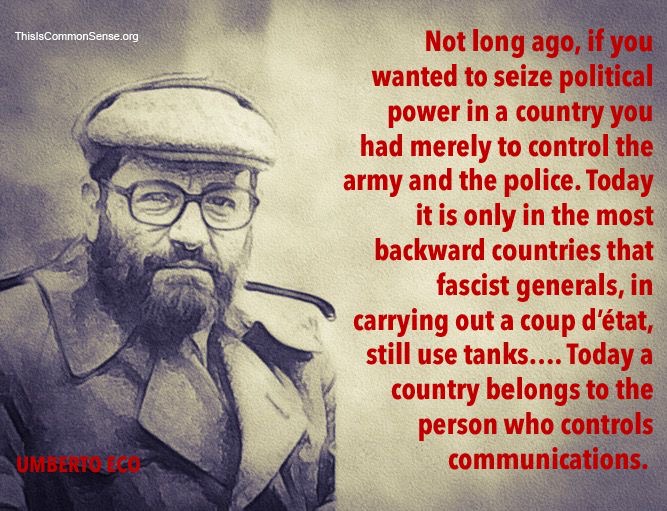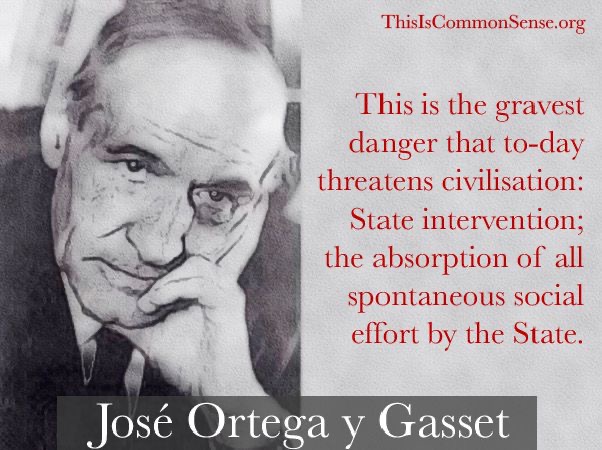In a society in which there is no law, and in theory no compulsion, the only arbiter of behaviour is public opinion. But public opinion, because of the tremendous urge to conformity in gregarious animals, is less tolerant than any system of law. When human beings are governed by ‘thou shalt not’, the individual can practise a certain amount of eccentricity: when they are supposedly governed by ‘love’ or ‘reason’, he is under continuous pressure to make him behave and think in exactly the same way as everyone else.
George Orwell on “the totalitarian tendency which is implicit in the Anarchist or pacifist vision of society,” Collected Essays, Journalism and Letters, Vol. 4, p. 252.
Orwell on Pacifism & Anarchism





